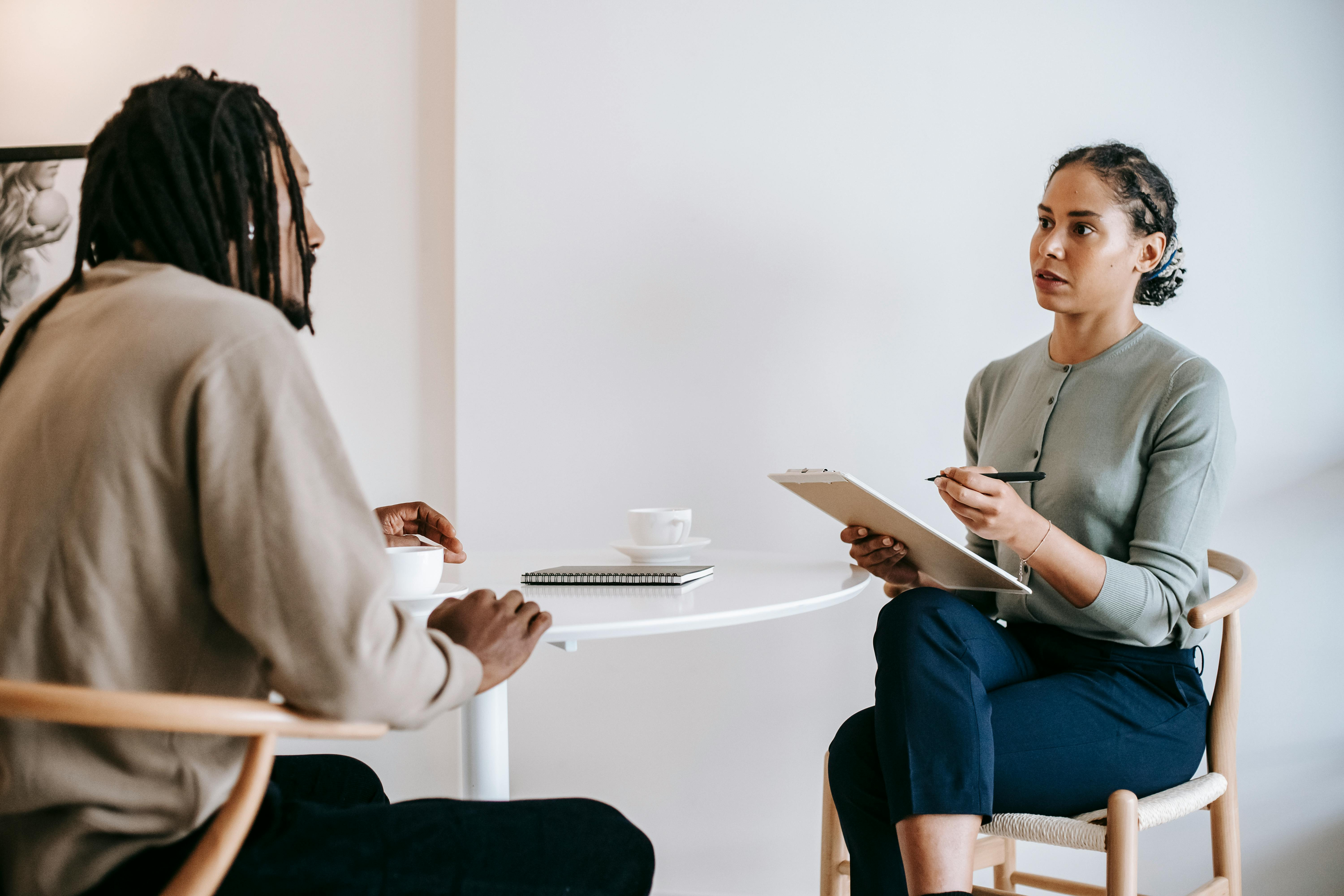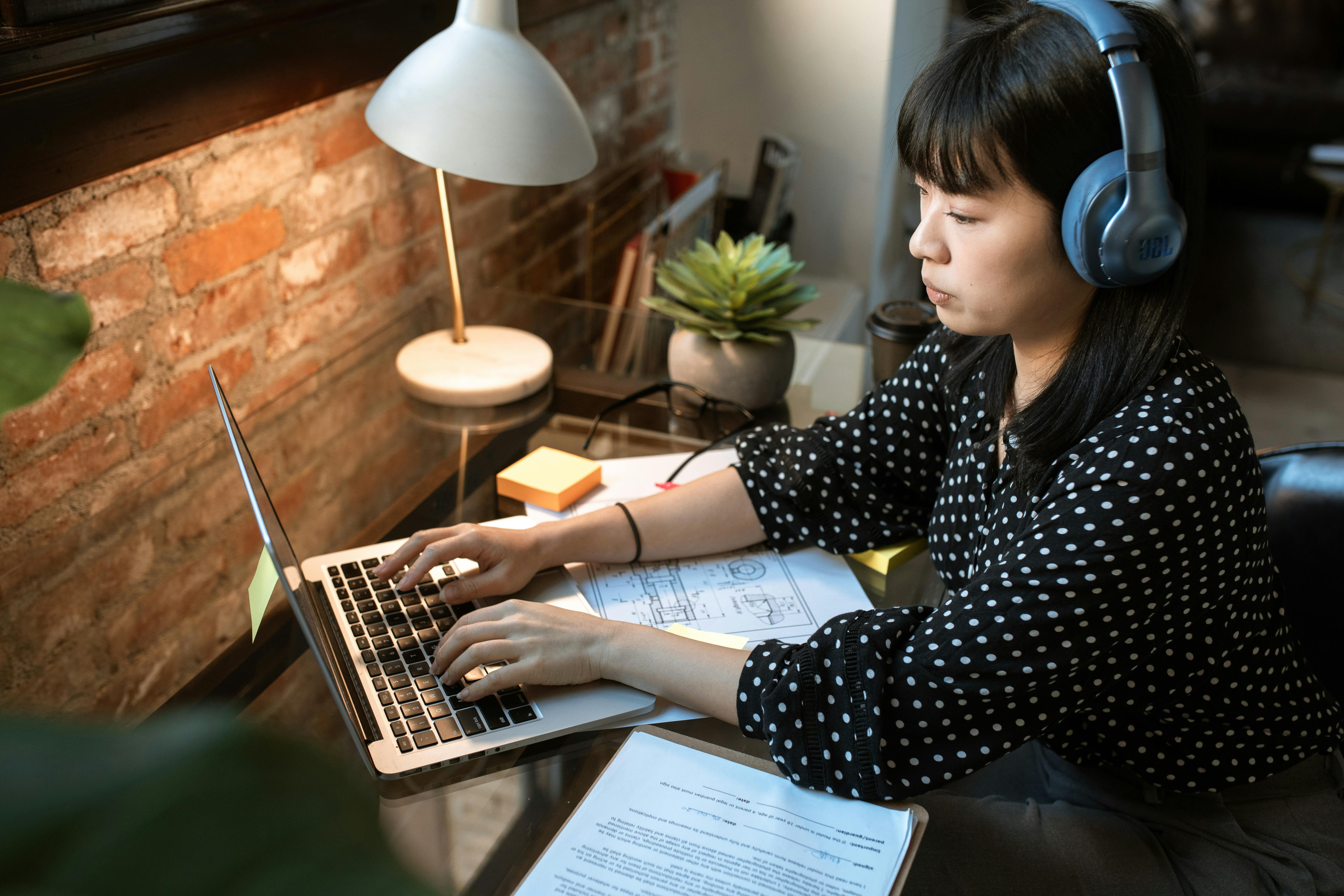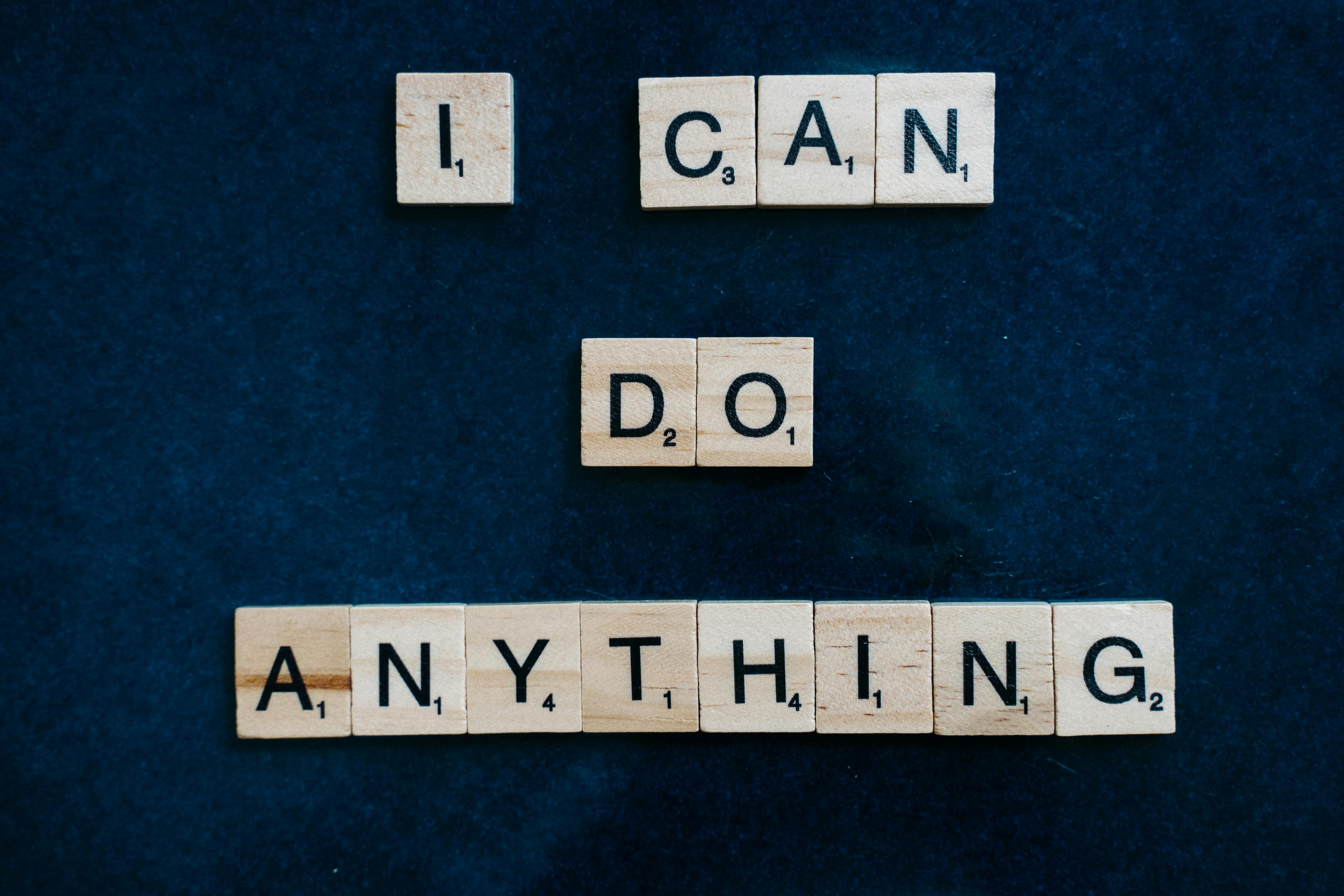First job interview tips for university students
9 April 2025By Ben Anong, Staff writer at Unite Students
First job interview tips for university students
Exciting, intimidating, unknown – all words that describe exams in a nutshell. But these feelings aren’t exclusive to studying. If you’re entering the world of work, that means facing job interviews and they can be nerve-wracking too.
But don’t fret. We’ve got the low down on how to prepare for a job interview, with preparation tips, example questions, and more. If you’re looking for a part-time job to support your studies, an internship or a full time role after graduating, these tips and advice are sure to help. Ready? Your path to landing a role starts here.
How to prepare for your first job interview

Research the company
An important interview preparation tip is to research the organisation you’re applying to. It’s important to understand what they do, but also the company culture, values, and mission.
Have a look at the company’s website and social channels and jot down a few points, so you can mention these in the interview. Companies love it when you talk about them as it shows you’ve really done your homework.
For part-time roles: Focus on understanding the basics of the company and what role you’ll play.
For full-time roles: Research specific departments, projects, and the company’s industry position.
Understand the job description
An important part of job interview preparation is to thoroughly review job descriptions to know the required skills and responsibilities. Go through it with a fine-tooth comb and ensure that it’s the role you’re looking for. If there’s ambiguity or any vagueness, don’t be shy to clarify it with recruitment. This may involve emailing them, or simply giving them a quick call. If anything, it’ll show you’re proactive.
For part time roles during your studies, identify skills you already have. If you’ve worked before, you’ll have plenty of transferable skills already, like customer service or food hygiene. If it’s your first job – don’t worry. Use skills you’ve gained in education, such as teamwork and time management.
If you’re applying for a full-time role after graduation, highlight knowledge of technical or specialised skills and demonstrate their relevance to the role. Remember, even if you haven’t done a job exactly like it before, there are always transferrable skills that may prove useful.
Match your skills to the role
It’s not a one-size-fits-all approach. You can’t just make one CV and send it out to every job you apply for. Have a ‘master’ CV with all the top-level information about your work and education experience. Then tailor it to match the requirements of the role you’re applying for.
Practice common interview questions
Practice example interview questions you’re likely to encounter. Common interview questions crop up all the time in interviews, from “Why are you interested in this job?” for part time roles, to "Where do you see yourself in five years?" for full time ones.
Going over these and practicing how to answer them can train your brain so that it’s wired and ready come interview time. If you practice interview questions before, you’re less likely to be startled by the real thing. Remember though, that no matter how much you anticipate questions, there are always going to be things interviewers ask that you might not be prepared for. Get ready to think on your feet too – embrace the spontaneity.
Job interview preparation tips

Dress appropriately
Dress the part, look the part, feel the part. First impressions last – so make it a good one. You may be used to going to lectures in your tracksuits and comfy attire. Or dressing to the nines for a night out. But for interviews, dress to impress. You might not need to don a full suit and tie for an interview for a job in a pub, but make sure to wear something smart that’s clean and ironed.
For part time roles, business casual will do. For graduate full time job interviews, think about upping this to professional attire. This demonstrates that you’re serious about the role and are ready to work for them as you’ve made the effort to look the part.
Prepare questions for the interviewer
It’s not just the employers interviewing you, you’re also interviewing them. Asking questions and showing genuine interest demonstrates that you’re proactive and interested in the position. Don’t be shy about it – employers love candidates who ask questions.
At the end of your interview, they’re likely to ask if you have any questions you’d like to ask. It’s important to have a couple of questions ready to ask at this point. But you can also ask questions at any point during the interview – in fact, this approach can feel much more natural and help to improve the flow of the interview.
Some typical examples of things you could ask are:
What does a typical day in this role look like?
What qualities make someone successful here?
What’s the onboarding experience like?
Practice interview etiquette
Confidence is king, and there are a few practical tricks you can do to feel more confident and make
a good impression. Some of these include:
Eye contact: Look into your potential future employers’ eyes or look right at the camera if it’s online.
Good posture: Walk uptight with a good frame (if the interview is in person) and sit with your chest out (applies to both in person and online interviews).
Avoid filler words: Steer clear of words like “um” and “ahh”.
Shake hands: A firm handshake will show you respect them. If it’s an online interview, start with a warm smile.
Remember your manners: At the end of the interview thank them for taking time out of their busy schedules to interview you. Following up with a simple ‘thank you for your time’ email can work wonders.
How to answer first job interview questions

Tell me about yourself
Start with a hook, an interesting attention-grabbing anecdote about yourself. Now that you’ve got their attention, go on to discuss relevant experiences, studies, and interests. But less is more sometimes – don’t overdo it. Keep the communication succinct and concise, this will leave some room for them to ask follow up questions. Remember, as much as you want the job, you want them to want you too.
When it comes to talking about out of work activities, steer clear of things that could make bad impression. For example, if they ask what do you like to do in your spare time, don’t say things like “I go out drinking on the weekend with friends”. Give examples of meaningful things like hobbies or sports.
Why do you want this job?
Provide answers that show an interest in the role and highlight how it links to your personal future goals. For example, if you’re applying for a marketing assistant role, mention how it allows you to develop a range of skills that can serve as a great foundation for building upon later.
Mention that it allows you to accumulate vital experience, before working towards a strategic position later in your career. It’s not what you say – it’s how you say it. Speak slowly in a calm tone, without getting too overexcited.
Describe a strength and a weakness
Don’t be shy when it comes to showing your strengths, and don’t worry about talking about your weaknesses. Talk about your strengths with examples to demonstrate how that is the case. Get good at the art of self-promotion, and market yourself as a worthy asset.
When it comes to weaknesses, it’s good to be honest, but always follow up by explaining how you’re working to improve. Talk through what you’re doing to overcome your weaknesses, even giving examples of steps you’ve taken to improve yourself.
Behavioural questions
Use the STAR (Situation, Task, Action, Result) method to answer behavioural questions. This framework provides structure and clarity.
Situation - Describe the situation, what did it entail?
Task - State what the task was, what were you trying to achieve?
Action - List the actions you took to achieve the objectives of the task.
Results - Finally, what results did this produce?
Most employers would expect you to use this framework, and some may explicitly ask you to do so.
Interview confidence and overcoming nerves

Interviews are nerve-wracking, no doubt. But learning and practicing is a great way to prepare for a job interview and can reduce those uncertainties. Follow these tips to make you feel confident ahead of the interview.
Practice with friends or career services
Do some role play with friends, family, or university career services to build comfort and gain constructive feedback. Doing so can train and condition you ahead of time. That way, you’re battle tested and know how you’re likely to feel come the real thing.
Arrive early and be prepared
Make sure you’ve planned your route to get to the interview in good time. Try to arrive 10-15 minutes early so you’re not rushing. It will allow you to catch your breath and ‘get in the zone’ before the interview. It will also demonstrate punctuality to your potential future employers.
Even if you’ve sent them your CV via email, always have printed copies of it ready. Bring a notepad and pen in case you need to write anything down. And if you’re travelling to an unfamiliar area, research the transport routes, and road links.
If it’s an online interview, make sure you have the right software installed on your mobile or computer. And don’t assume all employers use the same one. There are a few different video call platforms out there - find out which one you’ll need.
Visualise success and manage nervousness
It’s normal to be nervous before an interview, but a racing heart, sweaty palms and churning stomach don’t help you feel prepared for an interview. If you’re feeling especially nervous before your job interview, deep breathing can help to slow your heartrate and calm you down.
It’s also worth remembering that you’ve made it to the interview stage, so the employers are clearly interested in what they’ve read in your application and CV. You have the experience and skills necessary, it’s just a matter of proving them in the interview. Believe in yourself and your confidence will shine through.
